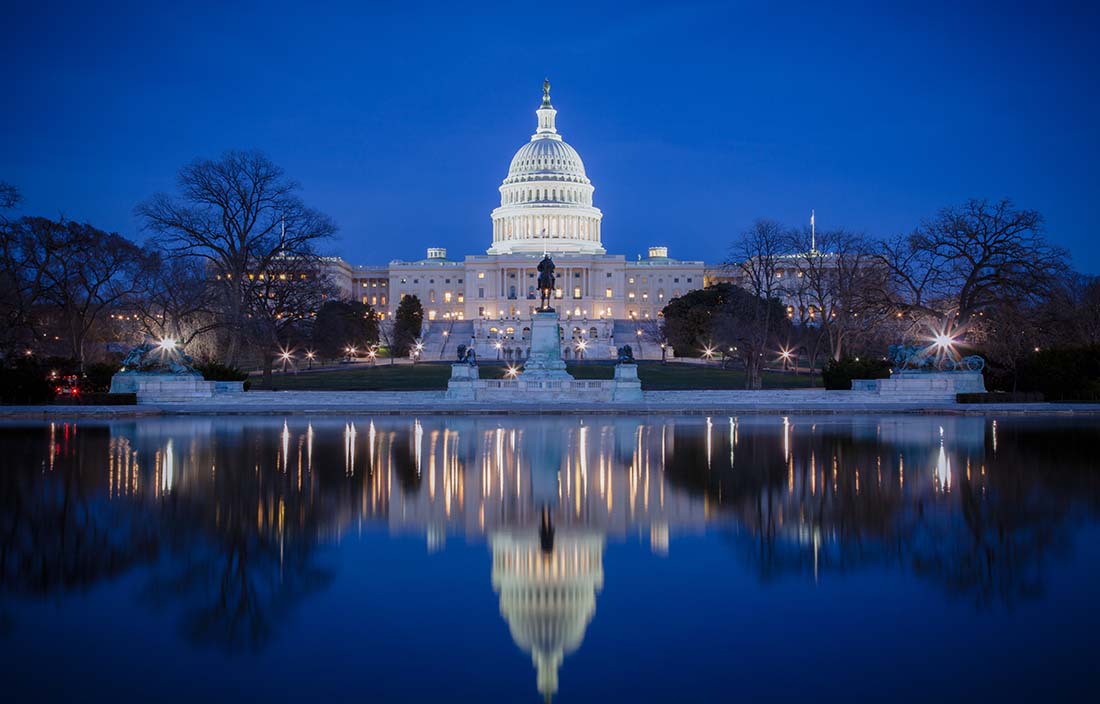State conformity to IRC Section 174 R&D cost capitalization rules can vary
 Most businesses that have claimed tax deductions for research and experimental expenditures (Internal Revenue Code Section 174) in the past are familiar with the changes to that deduction that were enacted as part of the Tax Cuts and Jobs Act (TCJA) in 2017 and went into effect for tax years beginning on or after Jan. 1, 2022. (Prior articles have covered details on the changes as well as strategies to plan for the changes.) In short, the TCJA shifted the treatment for these expenditures from current-year expensing to capitalization of the costs and subsequently amortizing the capitalized costs over five years (15 years for foreign corporations).
Most businesses that have claimed tax deductions for research and experimental expenditures (Internal Revenue Code Section 174) in the past are familiar with the changes to that deduction that were enacted as part of the Tax Cuts and Jobs Act (TCJA) in 2017 and went into effect for tax years beginning on or after Jan. 1, 2022. (Prior articles have covered details on the changes as well as strategies to plan for the changes.) In short, the TCJA shifted the treatment for these expenditures from current-year expensing to capitalization of the costs and subsequently amortizing the capitalized costs over five years (15 years for foreign corporations).In short, the TCJA shifted the treatment for these expenditures from current-year expensing to capitalization of the costs.
One important consideration related to this change is the impact on state tax calculations for businesses that now have to capitalize these costs that were previously deducted from federal taxable income in the year they were incurred. The treatment will vary based on each state’s method of conformity to the IRC.
Most states have conformed (implicitly or explicitly) to the federal changes to Section 174, meaning that Section 174 expenditures are capitalized and amortized in the same manner as on the federal return when determining state taxable income. However, there are some notable exceptions that can make Section 174 state conformity challenging for businesses operating in multiple jurisdictions.
Section 174 state conformity falls into three categories
States have taken several approaches to Section 174 capitalization that fall into the following three categories:
- State law conforms to the IRC in effect after the enactment of the TCJA. In these states, no adjustment is needed to federal taxable income based on state treatment of the Section 174 capitalization. The states either conform their tax codes to the federal rules as of a date after the enactment of the TCJA, or they have a “rolling conformity” that automatically adopts federal changes as they occur.
- State law conforms to the IRC in effect before the enactment of the TCJA. In states like California, where the state tax code adopts the federal tax law in effect as of 2015, the state still permits deduction of the research expenditures in the year incurred with no Section 174 capitalization. For states like California that conform to the IRC effective as of a date prior to the enactment of the TCJA, beginning with returns filed for 2022, businesses that claim the Section 174 deduction need to adjust their state taxable income to allow for expenses that had to be capitalized on the federal return and to disallow the subsequent amortization of the capitalized costs.
- State law makes a specific exception to the TCJA Section 174 capitalization changes. A few states, such as Tennessee and Wisconsin, put laws on their books in the wake of the TCJA saying that they wouldn’t follow the Section 174 changes that went into effect for tax years starting in 2022. State returns for businesses in those jurisdictions would require an adjustment in the initial year to starting taxable income that backs out the Section 174 capitalization at the federal level and treats it as an annual expense against state income. Addback modifications to disallow the federal amortization of capitalized Section 174 costs for such states will also be required in the years following the year of initial deduction.
Section 174 capitalization could be temporarily suspended
Tax legislation that has already cleared some significant hurdles on Capitol Hill (the Tax Relief for American Families and Workers Act of 2024) includes provisions that may temporarily (and retroactively) restore current-year expensing for domestic R&D costs under Section 174. The bill would bring back Section 174 expensing for tax years 2022–2025, then modify the code to require capitalization of Section 174 costs in 2026 and beyond. If the legislation is signed into law with the retroactivity provision intact, the reinstatement of expensing under IRC 174 at the federal level would likely require amended returns for businesses that filed federal and conforming state returns under the TCJA capitalization rules.




